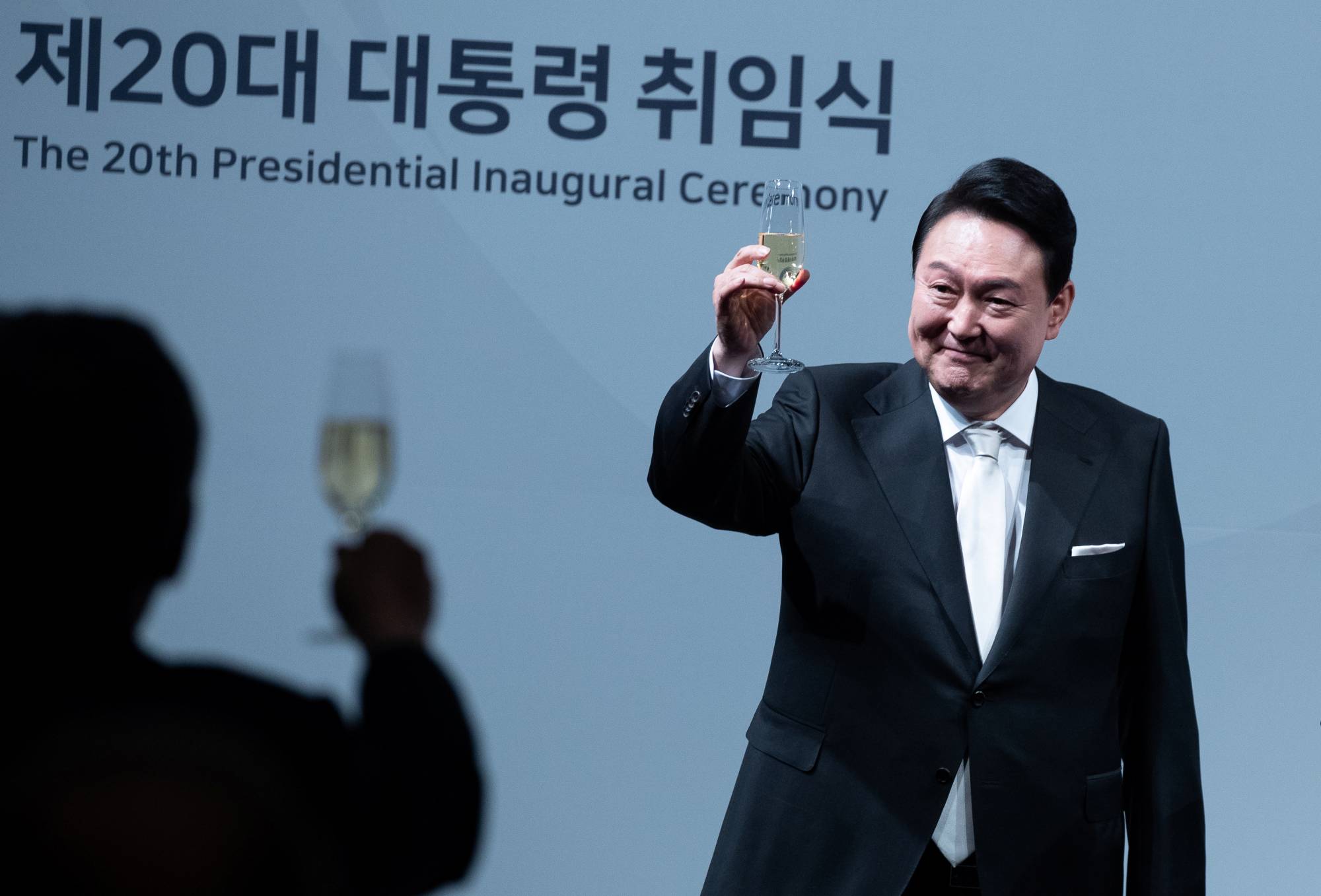The administration of South Korea President Yoon Suk-yeol has in recent days taken some of its first concrete steps to shore up ties with Tokyo that had soured over wartime history and trade, with momentum expected to grow after a key Japanese election on Sunday.
On Monday, South Korean First Vice Foreign Minister Cho Hyun-dong presided over the first meeting of a public-private body set up to help resolve wartime labor issues stemming from Japan’s 1910-45 colonial rule of the Korean Peninsula.
“The government will listen to opinions of those who were directly involved in the wartime forced labor issue and from various fields, while making continuous efforts in seeking a reasonable solution” through future meetings of the public-private body, the South Korean Foreign Ministry said in a statement Monday.


















With your current subscription plan you can comment on stories. However, before writing your first comment, please create a display name in the Profile section of your subscriber account page.